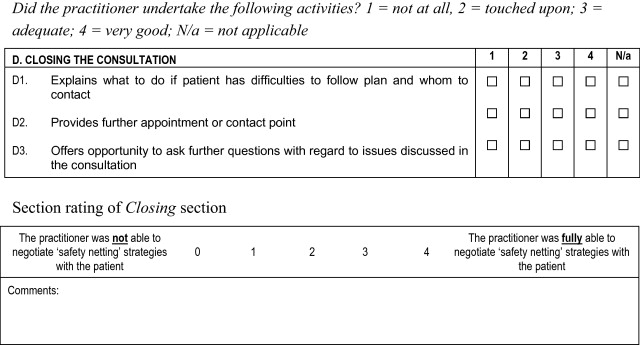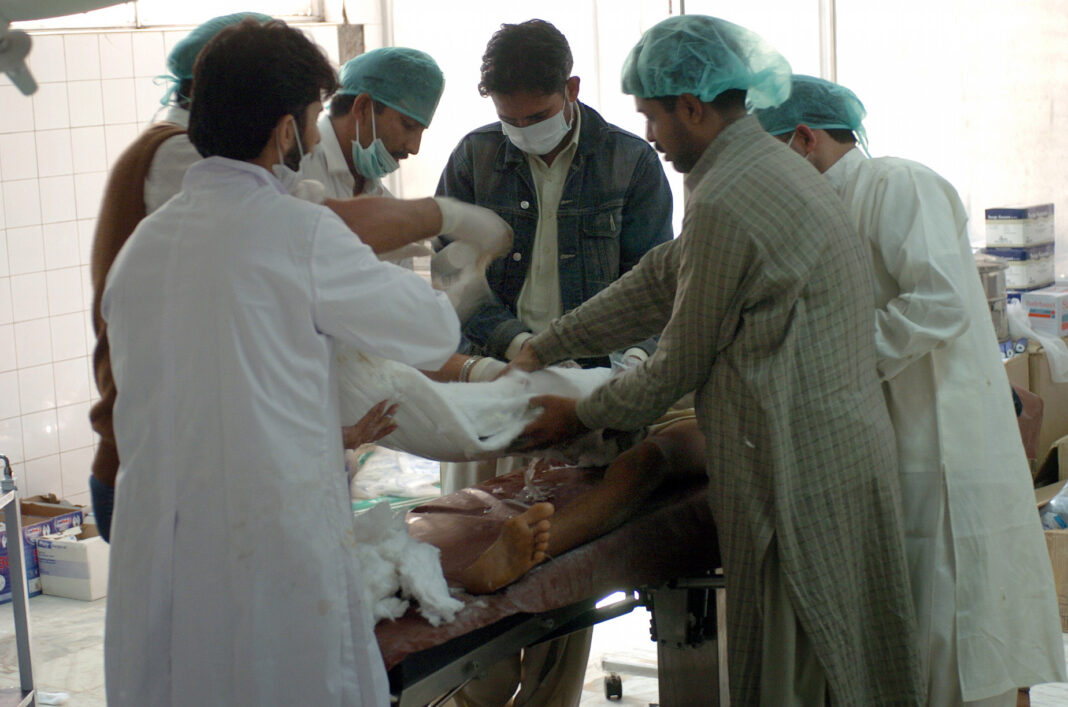A good consultation is essential for the management of a particular disease or a condition of a patient.
However, a good consultation may be very different for both the healthcare practitioner and the patient. So it is essential to have a patient-centered approach and shared agenda to make effective a consultation. A practitioner should obtain all the relevant data from the patient, take a thorough history, and then discuss the treatment options with the patient. To ensure both parties are satisfied one can follow the “Medication-Related Consultation Framework” model to make a good consultation. It is mandatory to understand that an effective consultation is a structured process.

MRCF has been carefully designed to help practitioners evaluate and develop their skills when dealing with patients about medicines-related issues. There are four stages of the MRCF model. The first stage of the consultation is scene setting, whereby both the healthcare practitioner and patient establish a therapeutic relationship. The main goal of this is to encourage the patient to share their experiences and ideas about their illness and its treatment. Phase two of the consultation includes gathering information from the patient about their medicine-taking behavior. Also, exploring their understanding of their illness and its treatment. The third phase of the consultation primarily involves the aims and solutions and thus devising an effective management plan where the patient is an active participant in the consultation and not passive.

Then, during the closing phase of the consultation, one should negotiate safety netting strategies with the patient which includes discussing what needs to be done if the patient faces difficulties following the agreed treatment plan. To conclude, any consultation must be structured to elicit the patient’s agenda in terms of their medication-related needs. It requires exploring the patient’s understanding of their illness and treatment, addressing their concerns, and involving them in any decision made. This is why and what makes MRCF a very useful tool.
- Educating healthcare practitioners with the “Medication-Related Consultation Framework” model to develop their consultation skills - 23/11/2023
- The Impact of Living in Lahore for a Year: American Research Reveals a Potential 7-Year Reduction in Lifespan - 08/11/2023
- Pakistan Unveils Innovative Health Card Mobile App - 06/10/2023


